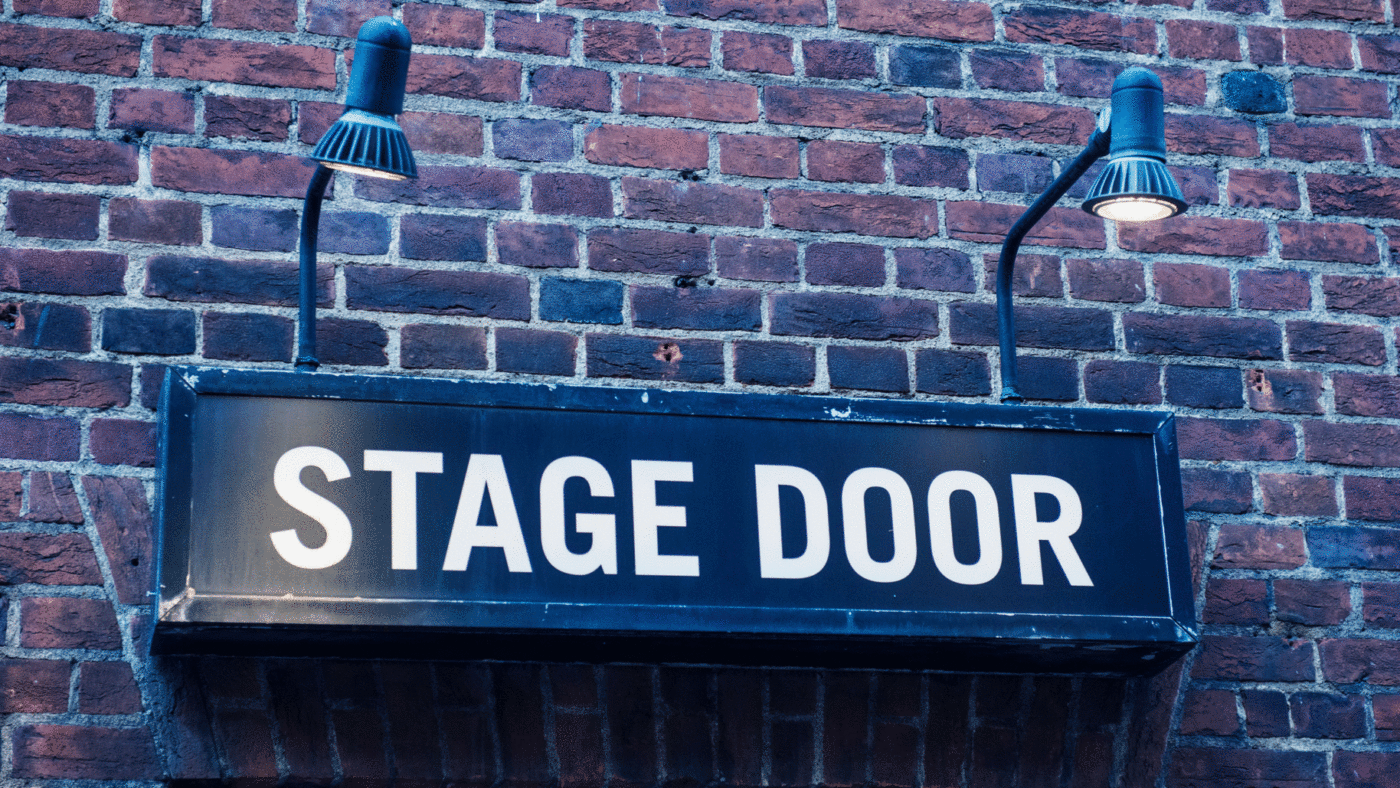For theatres and the performing arts, opening night quickly turned into closing night, as the second lockdown abruptly pulled the curtain once more. It was another crushing blow to thousands of creatives, who have already suffered more than many others from the devastating effects of pandemic restrictions.
It’s hard to overstate the importance of the arts to this country. Not only did the creative industry add an estimated £11.7 billion to the economy in 2018, but it also makes the UK a more enjoyable, stimulating and exciting place to live. In July, the Government announced its £1.57 billion Culture Recovery Fund to be administered by the Culture Recovery Board, a group of private and public sector representatives. To access the funds, cultural organisations had to submit a detailed application outlining how they had been impacted by coronavirus and what they would do with the money.
The Government is trying to take the plight of the arts seriously with the Culture Recovery Fund. But so far, it’s bungled the job. As the funding has begun to be distributed, it’s become clear that politicians are not necessarily the best judge of who and what is worth saving. As bureaucrats try to pick and choose what’s valuable to British culture, many artists have been left high and dry. It demonstrates the risk of top-down decision-making, particularly when it comes to something as subjective and ephemeral as artistic value.
Culture Secretary Oliver Dowden has said the funding will not help everyone and that not all jobs will survive. That means the livelihoods of thousands and the future of the arts in Britain is effectively in the hands of a board made up of executives from the largest cultural organisations and a handful of civil servants. How confident can we be that they will make the right decisions?
Not very – committees are bad judges of creativity. Earlier this year, the stand-up comedy industry had to fight just to be recognised as an art form after it was entirely left out of the support package. Despite the UK’s rich tradition of outstanding comedy, the Cultural Board did not originally deem it worthy of protection.
The unequal treatment of freelancers and the self-employed compared to employees has also particularly affected artists. In the second lockdown, support for the self-employed reduced significantly, and the predominance of this type of work in creative industries has hit the sector hard. To add insult to injury, messaging has been tone-deaf and often insulting. A career quiz aimed at helping those struggling to identify alternative work suggested artists retrain as airline pilots (so in demand at the moment, right?) or lock-keepers, and one now notorious government-backed ad appeared to encourage dancers to give up their dreams and retrain in tech.
So what should the Government be doing?
For a start, the distribution of funding should be much more local. No matter their training and experience, no elite group of artists, patrons, and bureaucrats will possess the granular knowledge of community leaders about who and what in their area needs help.
And there are many more innovative options than block government funding. American economist Tyler Cowen has suggested a consumer-led approach, where vouchers are distributed and people can spend on the kind of art they enjoy. The vouchers could be used to purchase tickets to outdoor concerts or virtual shows, or as donations. Such a system recognises that even local boards, let alone national ones, may not be the best judges of what’s popular or what matters to individuals, and directs resources to the artists people care most about. Other solutions could include easing restrictions on things like busking and street art.
Art occupies a unique space, so unique solutions are necessary. The Culture Recovery Fund has shown its shortcomings in addressing what really matters to people, and demonstrated a disconnect between policymakers and industry. If the Government really wants to save the arts, it’s time to get creative.
Click here to subscribe to our daily briefing – the best pieces from CapX and across the web.
CapX depends on the generosity of its readers. If you value what we do, please consider making a donation.


